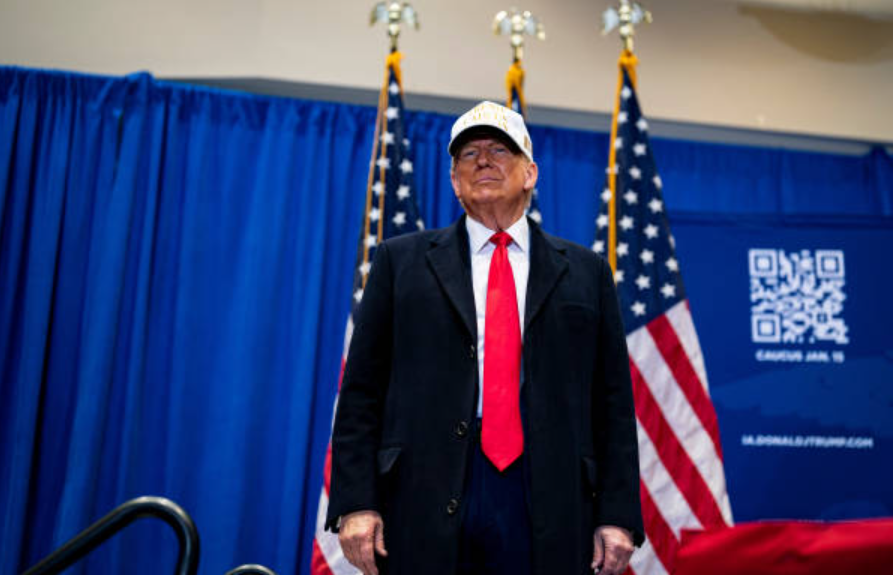Former President Donald Trump’s legal team is vehemently opposing the idea of him testifying in the impending defamation lawsuit filed against him by writer E. Jean Carroll.
The lawsuit, arising from allegations of sexual abuse in the 1990s, has added another layer to the legal challenges Trump faces as he eyes the 2024 Republican nomination.
Last year, a civil jury found Trump liable for both sexually abusing Carroll and defaming her by branding her a liar. To manage the proceedings, various courts have sought to control Trump’s propensity for diatribes, setting strict guidelines for his testimony.
However, Trump’s legal team, led by attorney Alina Habba, argues that compelling the former president to testify under oath about alleged acts he vehemently denies would constitute a manifest injustice.
Judicial Restrictions on Trump’s Defense

Habba contends that Trump should not be forced to acknowledge guilt for acts he maintains never occurred and were not proven beyond a reasonable doubt.
US District Judge Lewis Kaplan has already ruled that Trump cannot inform the jury that he did not rape Carroll. Habba emphasizes the potential injustice in requiring Trump to admit guilt under oath for unproven acts. (https://austinpartybus.com)
Furthermore, Habba asserts that even within the prescribed limits of Trump’s testimony, he should have the freedom to discuss the context surrounding his remarks about Carroll. This, she argues, would provide insight into whether Trump made those statements with hatred or ill will without delving into the actual events in question.
As the legal drama unfolds, the courtroom is poised to become a battleground where Trump’s right to avoid self-incrimination clashes with the court’s efforts to maintain decorum and fairness.
The outcome of this trial could significantly impact Trump’s political future and shape the broader discourse surrounding accountability for public figures. The juxtaposition of legal intricacies and political implications underscores the complexity of this high-profile case and its potential reverberations in the arena of American politics.


Comments are closed.